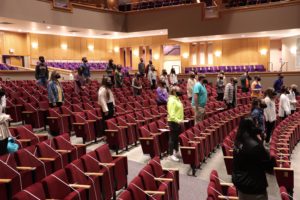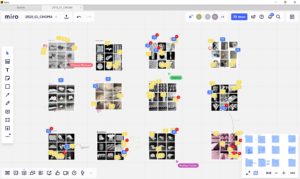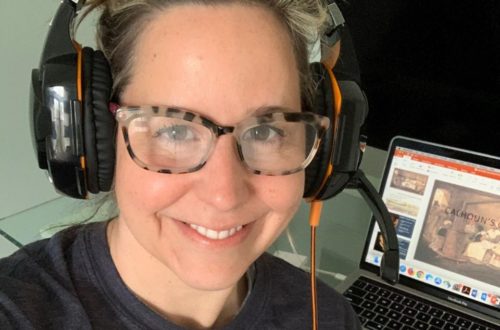Are our kids falling behind?
Dear Faculty, Staff, Alumni and Friends,

Recently, I saw a conversation on social media about whether our kids are “falling behind” as a result of this past year. The conversation left me unsatisfied and a bit frustrated. But it did get me thinking about the issue. Now that there does seem to be a glimmer of light at the end of this seemingly interminable tunnel, maybe it is a good time to start reflecting on what this year+ has meant, for all of us, but especially for our children. While the original discussion on social media was limited to K-12, I think we can stretch it to include college as well. Even if college students are no longer children, they are still “our” children, if you catch my drift.
For sure, school learning these past 12 months has been affected, and affected negatively. Everyone, with no exceptions, has felt the impact. However, that impact has been spread unevenly, as usual.
But what do we mean when we say “falling behind”? Behind what? Which raises the question, what do we mean by education? It’s surely not just what we learn in the classroom. Our education begins the day we are born and continues for the remainder of our lives. We learn from our family, from our schools (formal institutions of learning), and from what we can broadly call life. At different times, each of these three takes on a greater or lesser significance. Whatever we might not have learned at school this year has been more than made up for by “life.”

One of the blessings of the modern world is that it has devised ways to shield us from the hardships imposed by nature and by our physical limitations. Distance has melted away; where there is darkness, we have light; we have heat when it is cold; cooling where there is heat. Food in constant supply, no longer affected by the seasons, an abundance unimaginable in my youth. Even the sheer nastiness of death, though still with us, has been muted by largely removing it from private homes and ceasing to make it a regular event which we all must witness.
And then came COVID-19. To remind us that we are not all-powerful. An important lesson, especially for our children, who have grown up holding in the palm of their hands a device with more power than anyone my age could ever have dreamed possible.

But with all the misery, suffering, hardship, tragedy and death of this year, it has once again been a story of human triumph and resilience. Figuring out how to use the tools at our disposal to reconfigure our lives so that we could carry on. The miracle of our species is its enduring flexibility, inventiveness and creativity. This year was a lesson in precisely that. It’s also what lies at the core of our College and its mission.
The word “education” comes from the Latin verb ducere meaning to lead. E is a prefix meaning out of, so education suggests a leading out of… what? … ignorance, I suppose. The Germans use a different word: Bildung. It suggests both “building” as in formation, but Bild also means image or picture. So Bildung is building towards an idea or image of what it might mean to be a wholly formed person.
To continue the building metaphor, weathering crisis and coming out the other end strengthens our foundations and helps us stand firm against the inevitable challenges that lie ahead. Far from “falling,” I submit that we all have grown.
“Go Tigers!”
Nicholas Vazsonyi, Dean
College of Architecture, Arts and Humanities
Follow Dean Nicholas Vazsonyi!

